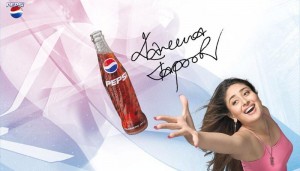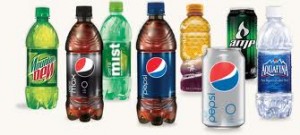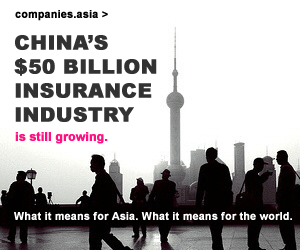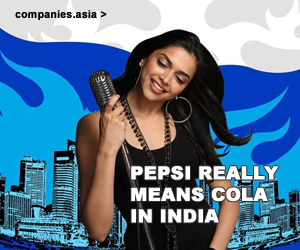
 The word Pepsi actually means cola, and any other bottled carbonated drinks including its rival brand Coca cola in India. This built-in linguistic advantage for PepsiCo naturally translates into higher sales for its cola soft drinks. In terms of total beverage sales, including non-cola drinks, Coke is still number 1 in India, but Pepsi’s cola market share of India’s beverage market is over 4.5% as compared to Coke’s 2.6%.
The word Pepsi actually means cola, and any other bottled carbonated drinks including its rival brand Coca cola in India. This built-in linguistic advantage for PepsiCo naturally translates into higher sales for its cola soft drinks. In terms of total beverage sales, including non-cola drinks, Coke is still number 1 in India, but Pepsi’s cola market share of India’s beverage market is over 4.5% as compared to Coke’s 2.6%.
In 1977, Coke pulled out of the Indian market because it refused to comply with then government regulations which would essentially force it to form a partnership with a local company and to share its secret Coke formula. In 1988, PepsiCo formed a joint venture with 2 Indian companies and in 1990 introduced its signature cola under the Lehar Pepsi brand. Coke re-entered the Indian market in 1993 when government regulations had changed to allow foreign companies to operate without local partners. Coke’s complete absence from India during a time when India began to embrace Western products was a strategic mistake. Pepsi’s crucial timing and its presence in the Indian market without its main competition had basically made Pepsi into a household word… a word synonymous with the carbonated cola drink category. Sales of PepsiCo’s wide range of products in India, including Frito Lay chips, Tropicana juices, Gatorade drinks and Quaker Oats, totaled $1.5 billion in 2009.
India born Indra Nooyi, PepsiCo Inc. (NYSE: PEP) Chairman and CEO, has stated that she will invest aggressively in emerging markets and will continue to pursue strategic costs-cutting opportunities. Her recent completion of the purchase of PepsiCo’s 2 largest bottlers assured investors of her intentions. PepsiCo’s stock is up 12% since September 2009 and its revenues are projected to be $60 billion for 2010.
Copyright © Companies.Asia. All Rights Reserved.



